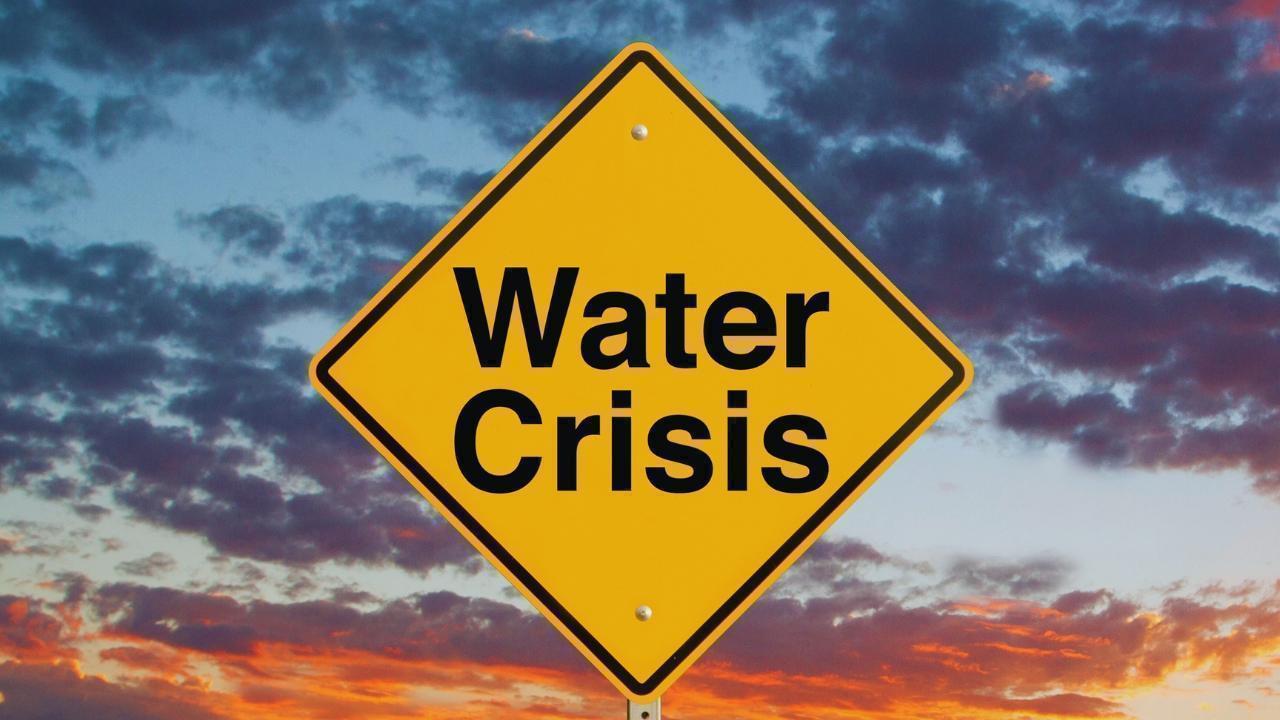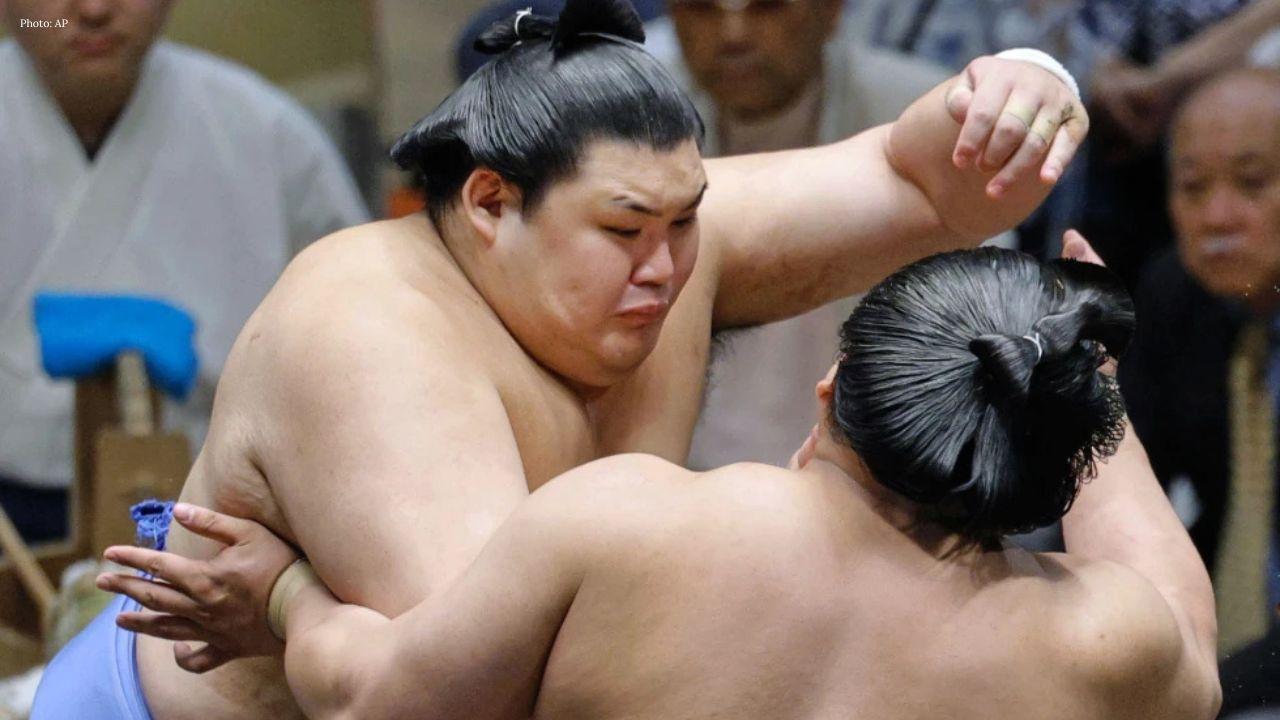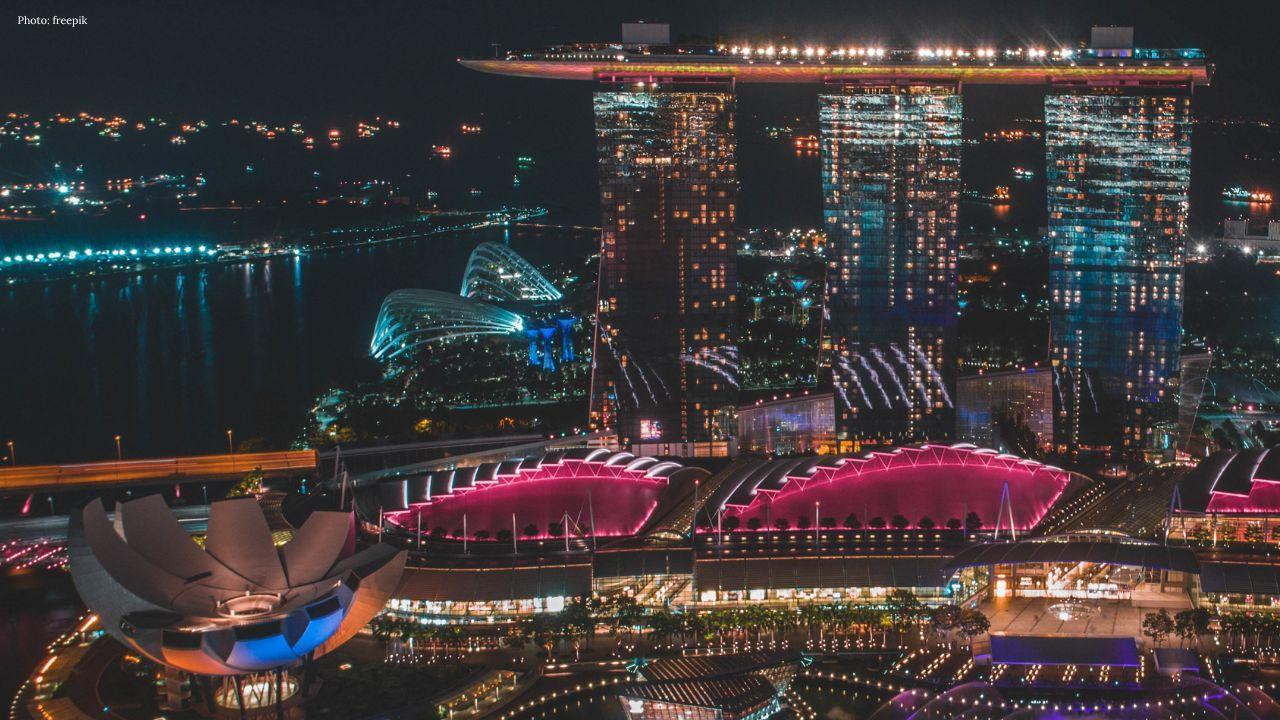You have not yet added any article to your bookmarks!

Join 10k+ people to get notified about new posts, news and tips.
Do not worry we don't spam!

Post by : Anis Farhan
Once considered an issue for the distant future or developing nations, the water crisis is now a global emergency. From California to Cape Town, from Delhi to São Paulo, water shortages are no longer anomalies — they are signs of a system cracking under pressure. The mismanagement of freshwater resources, climate-induced droughts, rising populations, and industrial exploitation have created a perfect storm. In 2025, one in four people worldwide already faces water stress. But this crisis isn’t just about access; it’s about security, stability, health, and survival. Water is the foundation of life — and it’s running out.
Rising global temperatures are wreaking havoc on water cycles. Longer droughts, diminished snowpacks, and erratic rainfall patterns are altering ecosystems and pushing water availability to historic lows. In regions like sub-Saharan Africa, the Middle East, and western parts of the United States, climate change has accelerated desertification. Glaciers — which supply water to billions — are retreating at an alarming pace. Meanwhile, extreme floods paradoxically destroy infrastructure and contaminate freshwater sources. What once replenished now ruins.
The world’s population, currently at 8 billion, is projected to reach 9.7 billion by 2050. Urban areas are expanding rapidly, putting tremendous pressure on water systems. Cities like Cairo, Chennai, and Mexico City are already teetering on the edge of “Day Zero” — the point when municipal water supplies could completely dry up. With more mouths to feed, more crops to irrigate, and more industries demanding water, existing systems are buckling. The problem isn’t just scarcity, but allocation — and often, the most vulnerable are left behind.
Agriculture accounts for nearly 70% of global freshwater use. In many countries, irrigation practices are outdated and inefficient, leading to massive water wastage. Groundwater aquifers — once nature’s reservoir for drought periods — are being depleted faster than they can recharge. In India, China, and parts of the U.S., over-extraction is causing land subsidence, making future cultivation even harder. The world is growing more food to feed more people, but we’re doing it in a way that is drying out the planet.
Industry is another major contributor to the water crisis. From textile manufacturing in Southeast Asia to oil extraction in North America, corporate use often trumps community access. Moreover, industrial pollution — including heavy metals, plastics, and untreated waste — renders vast volumes of water unusable. Rivers like the Ganges, the Yangtze, and the Mississippi are victims of unchecked contamination. Once sacred and life-sustaining, they are now toxic symbols of modern development.
Despite growing awareness, policy changes have been sluggish. In many regions, water management is fragmented across jurisdictions, creating inefficiencies. Corruption, weak governance, and lack of political will only deepen the crisis. Often, marginalized communities suffer the most. Whether it’s Indigenous groups denied water rights or low-income neighborhoods with contaminated supplies, the water crisis mirrors — and amplifies — existing inequalities.
As scarcity deepens, geopolitical tensions are rising. Disputes over rivers like the Nile, Tigris-Euphrates, and Mekong are becoming flashpoints. Nations upstream exert control over flow, while those downstream struggle to secure their share. In arid regions, water has already sparked violence and displacement. In the coming decades, experts warn, wars may no longer be fought over oil or ideology — but over water. The shift from cooperation to competition is well underway.
The water crisis is also a health crisis. Contaminated water leads to the spread of diseases like cholera, dysentery, and typhoid. Children are particularly vulnerable — over 1,000 children die daily due to preventable water-related illnesses. In areas without safe drinking water, people are forced to consume what’s available, regardless of quality. Sanitation infrastructure lags behind in many parts of the world, creating a vicious cycle of sickness and poverty.
While developed nations face their own challenges, it’s the Global South that suffers most acutely. In sub-Saharan Africa, women and children often walk miles daily just to fetch water. In Bangladesh, rising salinity levels from sea intrusion are rendering once fertile lands barren. In Latin America, deforestation and mining have polluted rivers beyond recognition. Water scarcity is both a cause and a consequence of underdevelopment — and without international support, these nations risk falling into irreversible crisis.
It’s not all doom. Solutions to the water crisis are known and feasible — but they require investment, coordination, and most importantly, urgency. Improved irrigation techniques, like drip systems, can drastically cut agricultural usage. Desalination technology is advancing rapidly, particularly in water-stressed regions like the Middle East. Rainwater harvesting, wastewater recycling, and smart metering can reduce waste and improve efficiency. Urban planning that prioritizes green infrastructure can make cities more resilient.
The future of water may well depend on technology. AI and IoT systems are already being used to detect leaks, optimize usage, and forecast supply shortages. Smart sensors, predictive analytics, and automated management are revolutionizing how utilities monitor and distribute water. In Singapore, an early adopter of water innovation, recycled “NEWater” now meets 40% of the country’s demand. The rest of the world must follow suit — and quickly.
Government and industry can’t solve the crisis alone. Public behavior plays a crucial role. Wasting water, ignoring leaks, and over-consuming contribute to the problem. Educational campaigns in schools, community-led conservation projects, and citizen science efforts are essential. In many areas, indigenous knowledge and traditional practices offer models of sustainability that modern systems have long overlooked.
At the heart of the crisis lies a question of values. For too long, water has been treated as an infinite resource — or worse, a commodity for profit. Reframing it as a human right, a sacred resource, and a shared responsibility is essential. Governments need to fund infrastructure, enforce regulation, and prioritize sustainability. Corporations must adopt circular water practices and reduce waste. And each individual must understand: clean water is not guaranteed — it’s earned through collective responsibility.
If the global community continues to treat water as an afterthought, the consequences will be catastrophic. Food production will falter. Diseases will surge. Economies will collapse. Social unrest will rise. Migration and displacement will accelerate. Climate resilience will erode. And the very fabric of civilization — built on the flow of fresh water — will fray. This is not a distant future scenario. It is already unfolding.
The global water crisis is here, and it’s expanding. But so too is the opportunity to change course. With coordinated action, bold leadership, and informed citizenry, the crisis can be managed — even reversed. Every drop counts. Every policy matters. Every choice has consequences. The question is no longer whether we can afford to act. It’s whether we can afford not to.
The information provided in this article is for editorial and educational purposes only. While facts have been thoroughly researched, readers are encouraged to consult additional sources for context and accuracy. The views expressed do not represent those of Newsible Asia or its partners.










Sumo Rocked by New Bullying Scandal as Terunofuji Admits Abuse
Retired grand champion turned stablemaster reports himself to authorities for violent conduct toward

Son of Oil Tycoon Riza Chalid Sentenced to 15 Years in $17 Billion Corruption Scandal
Jakarta Corruption Court convicts Muhammad Kerry Adrianto Riza in high‑profile Pertamina graft case

Marina Bay to Celebrate Disney Adventure With Fireworks & Fun
UOB Marina Bay Sands & Singapore Tourism Board join Disney Cruise Line for a 2-month nautical celebr

Rashmika Mandanna and Vijay Deverakonda Tie the Knot in Grand Udaipur Wedding
The beloved actors celebrated their Telugu and Kodava heritage with traditional ceremonies at ITC Me

Raja Ampat Welcomes Back Endangered Zebra Sharks
Scientific collaboration and community education drive rare species repopulation in the Coral Triang

Tomorrowland Thailand Set for Full‑Scale Asian Debut in December 2026
Thailand to host world‑renowned electronic music festival in Pattaya, expected to draw tens of thous